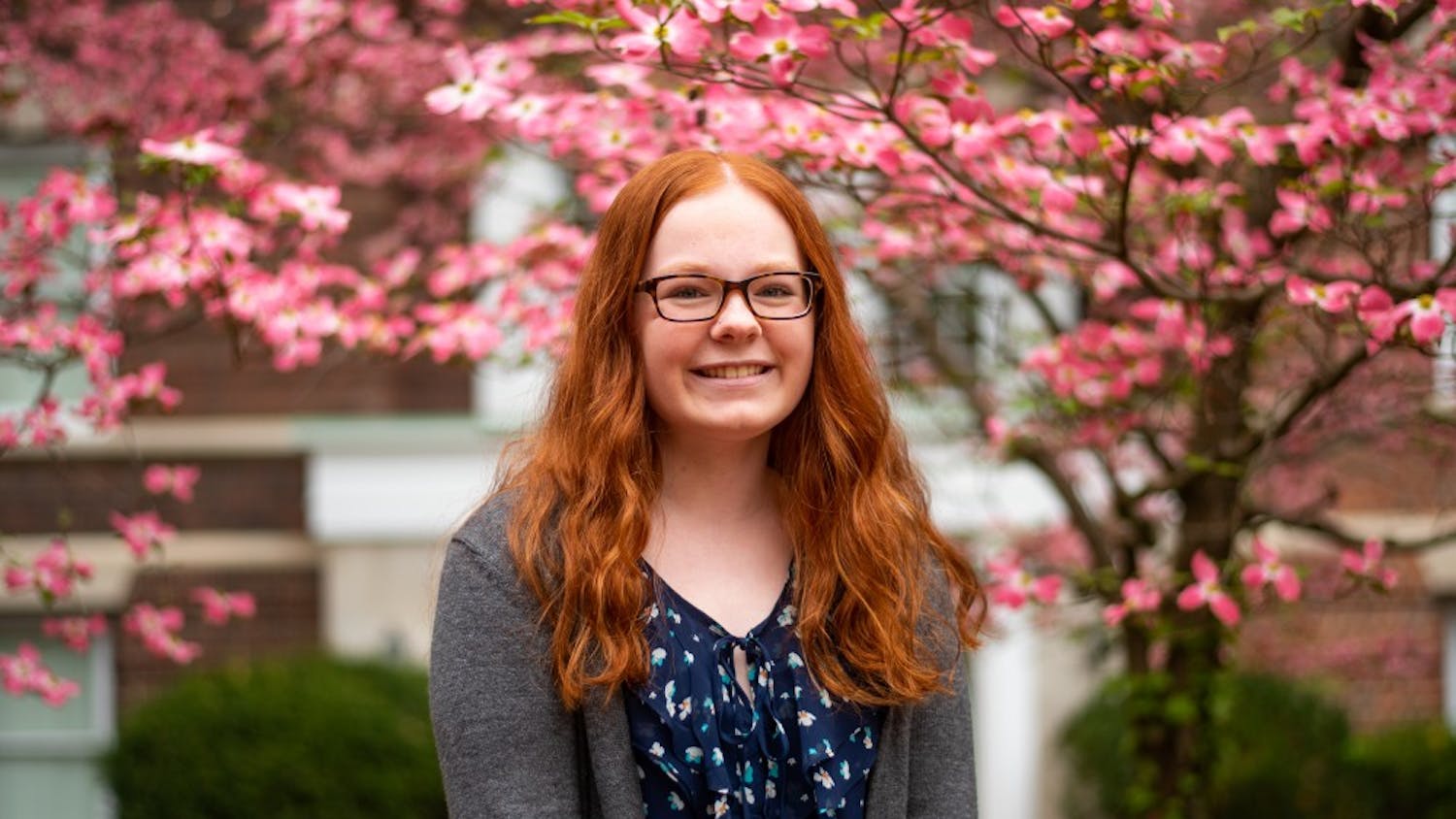Once every four years, there is a special addition to the calendar known as Leap Day on Feb. 29.
February is given an extra day to account for the extra one-fourth rotation around the sun that the earth makes every year. Since there is no one-fourth day on the 365-day calendar, Leap Day is included once every four years to make up for it.
With Leap Day being so rare, many traditions and superstitions are recognized on the same day. For example, an old Irish tale allows women to propose to men on Leap Days, as seen in the 2010 rom-com “Leap Year" starring Amy Adams.
Since Feb. 29 is the rarest day, it is also the least common birthday.
Natalie Schneider, a freshman studying integrated language arts, narrowly avoided the fate of a Leap Day birthday due to the strategic planning of her mother.
After having two sons, Schenider's mother was pleasantly surprised at the news that she was pregnant with a girl.
"She was just really thankful to have me, especially because I was a girl and I have two brothers," Schneider said.
With this news, her mom did some planning and realized that Schneider would be due very close to Leap Day in 2004.
"I don't know how (my mom) came to the conclusion (and) did all the math, she's not a very mathematical person either," Schneider said.
To avoid the possibility of Schneider being born on the 29th, her mom scheduled a Cesarean section for the day before, the 28th.
"Probably where it came from was like, 'I want my child to feel appreciated,' obviously all the time, but one day a year to be about them and not just one day every four years," Schneider said. "She's a very loving woman so she makes a really big deal out of birthdays."
Schneider agrees with her mom's decision and is glad she planned ahead.
"I would have done the same thing just because I want my child to be able to celebrate their birthday every year," she said.
Schneider is turning 19 this year and cracked many jokes about college-aged Leap Day babies technically only being around five years old.
Schneider is unsure of the concept and technicality of Leap Days, but still recognizes them.
"I don't know why it exists, it doesn't make any sense to me– I don't know why it's there, but it adds a little pizazz like it's almost my birthday," she said.
This then raised the question of how the government views the age of Leap Day babies when it comes to milestone ages such as 16, 18 and 21.
According to the University of Iowa's College of Law, Leap Day babies are only considered the legal age when it is March 1 of non-leap years.
Schneider admitted she would be sad if she was a Leap Day baby, which led to an interesting story about a boy from her childhood.
"Me and him were not friends, but my birthday was the 28th, his was the 29th," she said. "We had this duel out, like, who's bringing in cupcakes? Are we both bringing in cupcakes? How are we going to figure this out?"
Even though she is not a Leap Day baby, Schneider still enjoys the story behind her birth.
"It's kind of interesting because I do like a little bit of attention, you know, every once in a while so I feel like it's kind of funny to explain my birthday to people," she said.
Despite being able to celebrate her birthday every year, Schneider still keeps the rare Leap Day babies in mind.
"Happy birthday to everyone born on the 29th," she said. "I'm sorry you don't get enough credit."






